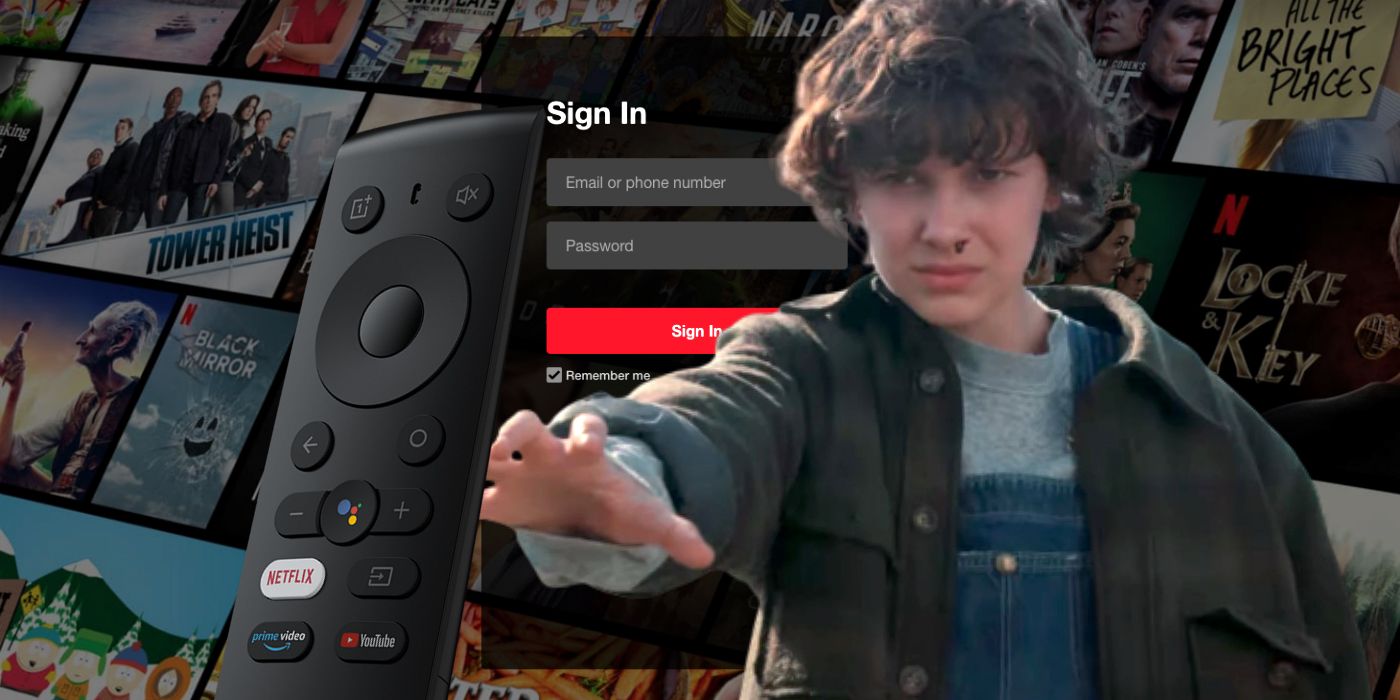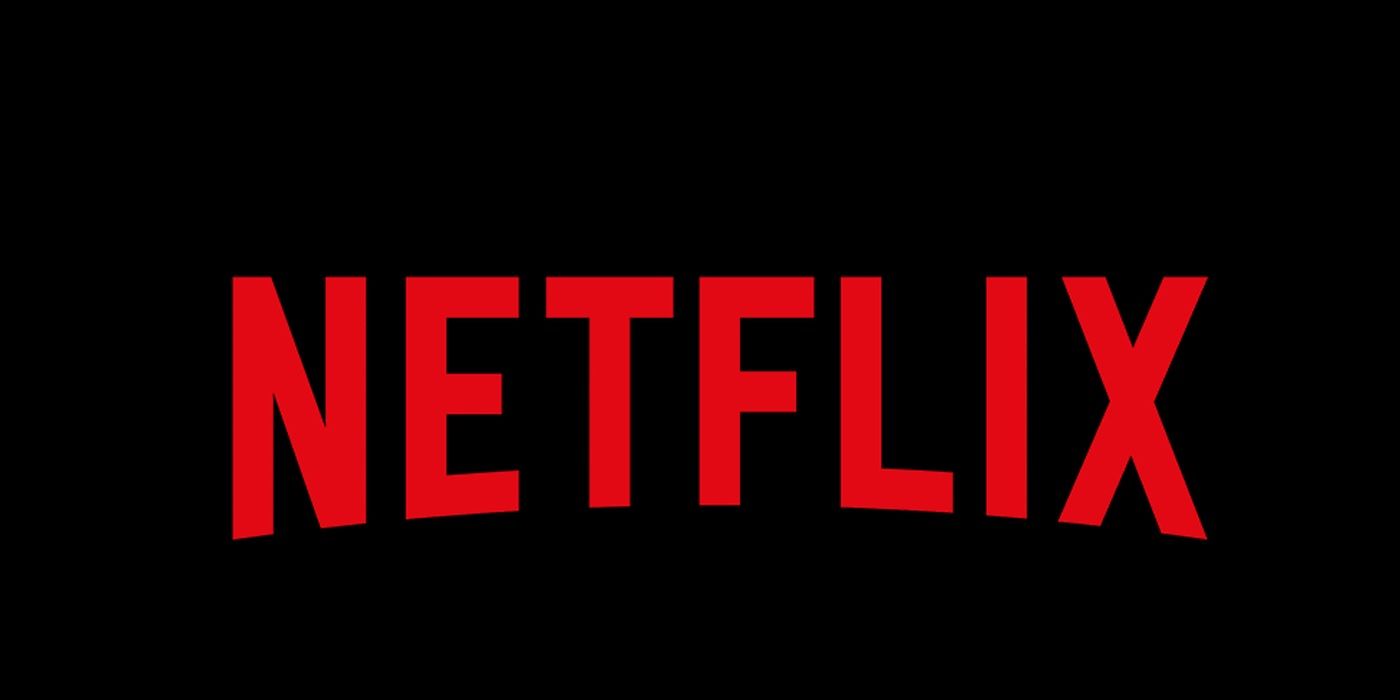As the streaming wars continues to heat up, services are also contending with users borrowing passwords to access another subscriber's account - with Netflix suffering the most from this. With the coronavirus pandemic forcing more people to stay inside, it's no surprise that Netflix, Amazon Prime, Hulu and Disney+ have all seen a rise in consumption. In fact, Nielsen saw an 85% rise in streaming during the last three weeks of March 2020 compared to the same time last year. The rise in streaming is good news during an otherwise uncertain time for entertainment companies, all trying to cash in on the potential revenue.
With more streaming services, providers will have to work harder to get consumer dollars. Even with the potential delay in production for many upcoming shows and movies, there's so much available content already that a viewing drop-off is not expected. Netflix benefits from 90% of current streamers, but that could quickly change as Disney+ is rising in adoption rates and will likely overtake Hulu. HBO Max launches in May 2020 and is hotly anticipated thanks in part to the upcoming Friends reunion, and has the rights to many other beloved shows. Shortly thereafter, NBC's Peacock streaming service is launching, although at a much lower price point of $4.99 a month.
Although streaming companies are enjoying increased viewership and in some cases, ad revenue, that doesn't necessarily mean new customers and increased profits. According to a new survey from Cordcutting, over 44 million Americans are using borrowed accounts, costing the four major platforms upwards of $3 billion in lost revenue. Around 15% of Netflix streamers are borrowing an account, which works out as 27.4 million people. This is far more than its competition, with Prime, Hulu, and Disney+ each having fewer than 10 million borrowed accounts. While Netflix, Disney and others are trying to stop password sharing, and many of those surveyed said they would be willing to pay for their own account, the consumer habit is unlikely to stop anytime soon. Millennials especially are looking to save money and from Netflix to Disney+, parents are the ones most frequently footing the bill for each service. Amazon Prime Video benefits from customers having a desire for their own Amazon Prime accounts, and is the least shared subscription service.
Social distancing practices are expected to persist in some capacity through summer 2020 and potentially into the fall. This indicates that consumers will continue to stream their favorite content at a higher level than usual. However, many consumers are looking for ways to cut costs and nearly one in five Americans are now unemployed, which means potentially removing certain subscriptions altogether, or at the very least switching to a plan that's more affordable. They're also realizing they may be doubled up on subscriptions because of their current living situations, so this may be an opportunity to cut back on a Netflix or Hulu account. Finally, oftentimes password borrowing is a matter of convenience more than anything else, especially for people on have been on their parents' accounts since high school.
The industry is keeping a close eye on the new streaming services launching this year and how many consumers continue to eliminate their cable services. HBO Max is hoping to poach viewers from other services, although the new platforms may just see additional password sharing. Netflix is already seeing a decline in new paid subscribers, and even though the company is strong, others may see similar declines through the remainder of the year if the situation with the economy doesn't change. Regardless, unless the industry gets a better way to stop password sharing, at this time next year streaming services will likely see a larger margin for potential revenue and more Americans sharing passwords than ever.


